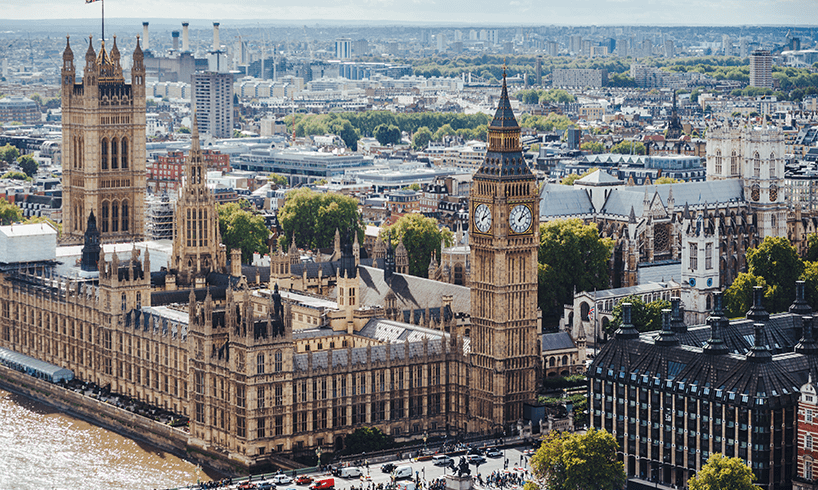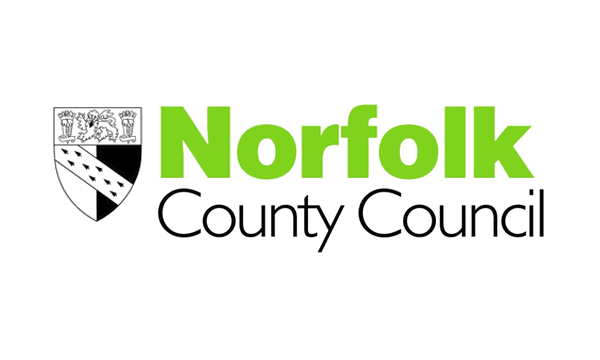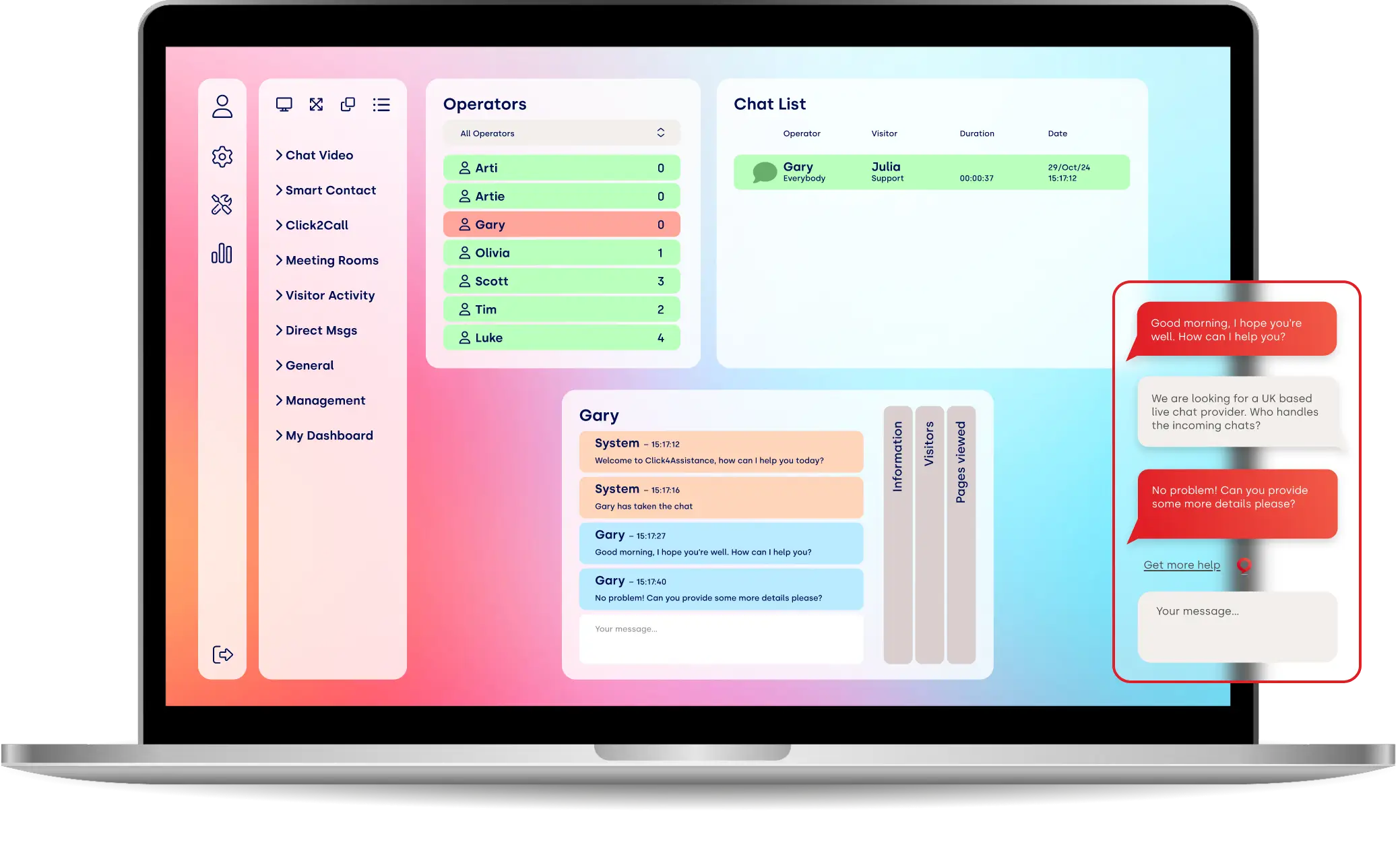Rishi Sunak launches £100m generative AI taskforce

The Prime Minister believes the additional funding will help secure a competitive AI sector for Britain, driving higher productivity and living standards.
While Europe looks to clamp down on generative AI, Britain is speeding ahead. Prime Minister Rishi Sunak and technology secretary Michelle Donelan are earmarking more than £100 million in additional funding for artificial intelligence to bolster the UK’s AI sector and encourage more research. The money comes on top of the £900 million already announced in Chancellor Jeremy Hunt’s Spring 2023 budget.
A new AI task force will be set up and follow a similar model to the COVID-19 Vaccine Taskforce created during the height of the pandemic. According to the Prime Minister, “Harnessing the potential of AI provides enormous opportunities to grow our economy, create better-paid jobs, and build a better future.” The government believes emerging technology will help make the British economy more innovative, transforming multiple sluggish sectors such as health care, education, and entertainment.
Science, Innovation and Technology Secretary Michelle Donelan said it should be the country’s mission to invest in this field. “Developed responsibly, cutting-edge AI can have a transformative impact in nearly every industry. It can revolutionise the way we develop new medical treatments, tackle climate change and improve our public services, all while growing and future-proofing our economy.”
Sunak said the UK has a strong track record in AI research and development and that the task force will build on this foundation. It will begin by assessing the current state of play in the artificial intelligence sector and report findings to the Prime Minister by the end of 2023. Officials will then outline how to foster a supportive regulatory environment, invest in talent and infrastructure, and promote the ethical and responsible use of generative AI.
The government believes AI has the potential to contribute hundreds of billions of pounds to the UK economy and lift it out of its decades-long productivity slump. AI tools may help British workers become more productive, enabling rising living standards similar to the post-war boom. Extra funding may also make the UK more competitive with AI leaders such as China and the US.
“In areas like healthcare, this type of AI has enormous potential to speed up diagnoses, drug discovery and development,” the government says. “In education, it could transform teachers’ day-to-day work, freeing up their time to focus on delivering excellent teaching,” similar to online support chat for website owners.
Prime Minister and his advisors believe it is essential to integrate AI into the UK economy. Economists predict the technology (in its current form) could raise global GDP by 7 per cent over the coming decade.
The task force will be led by an expert Chair to be announced this summer. Chair of the Advanced Research and Innovation Agency, Matt Clifford, will advise senior government ministers on developments during the interim. The group will lay the scientific and commercial foundations that will enable the country to take full advantage of the upcoming technological revolution as it arrives.

























